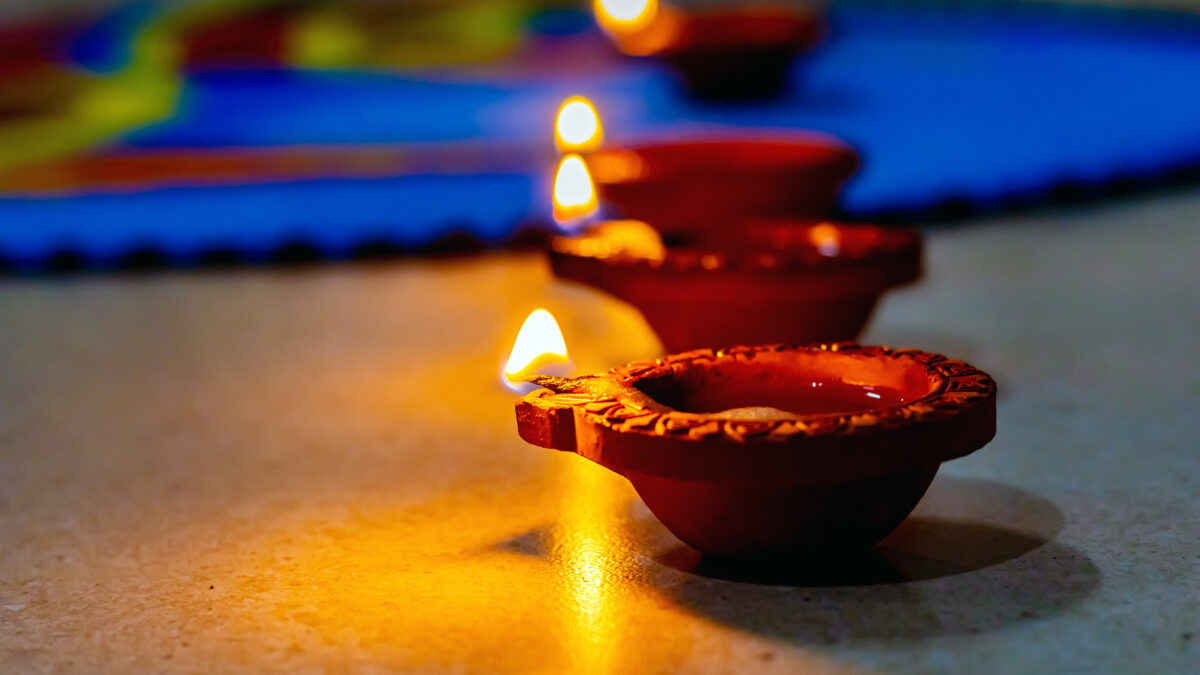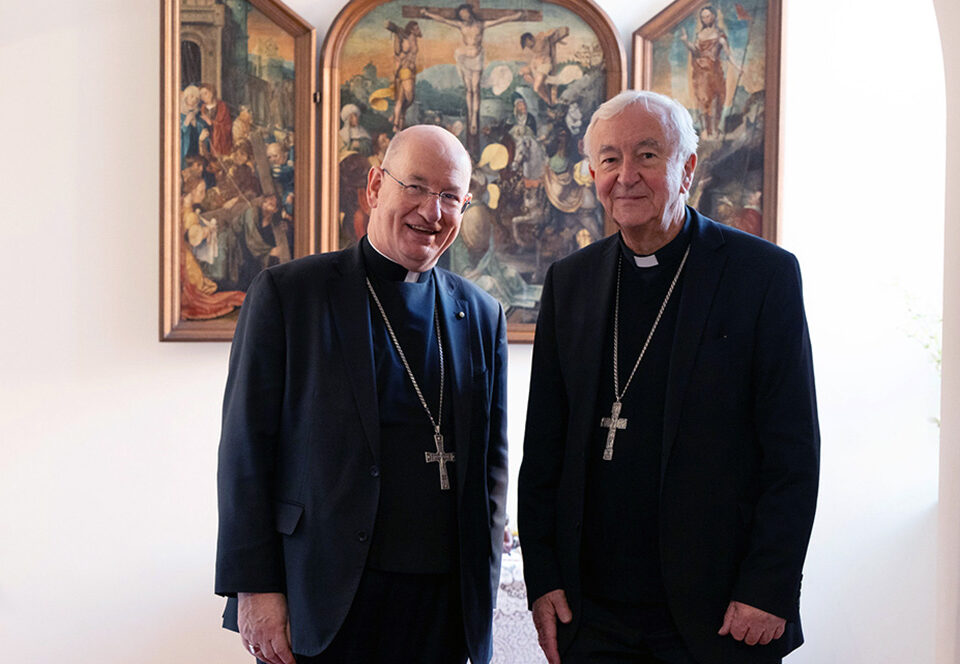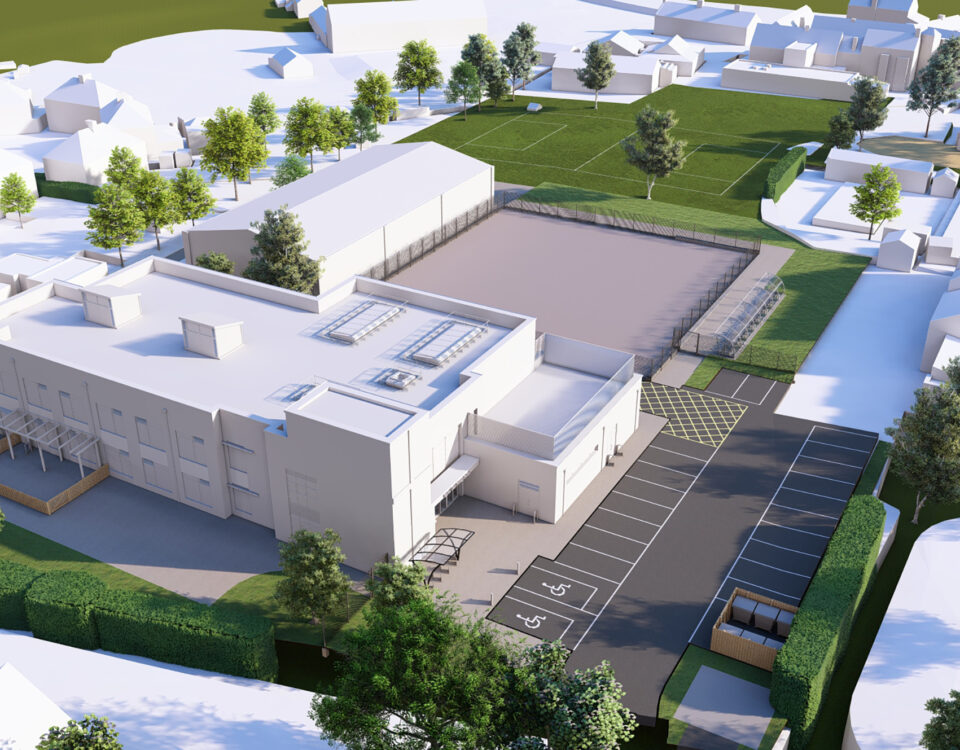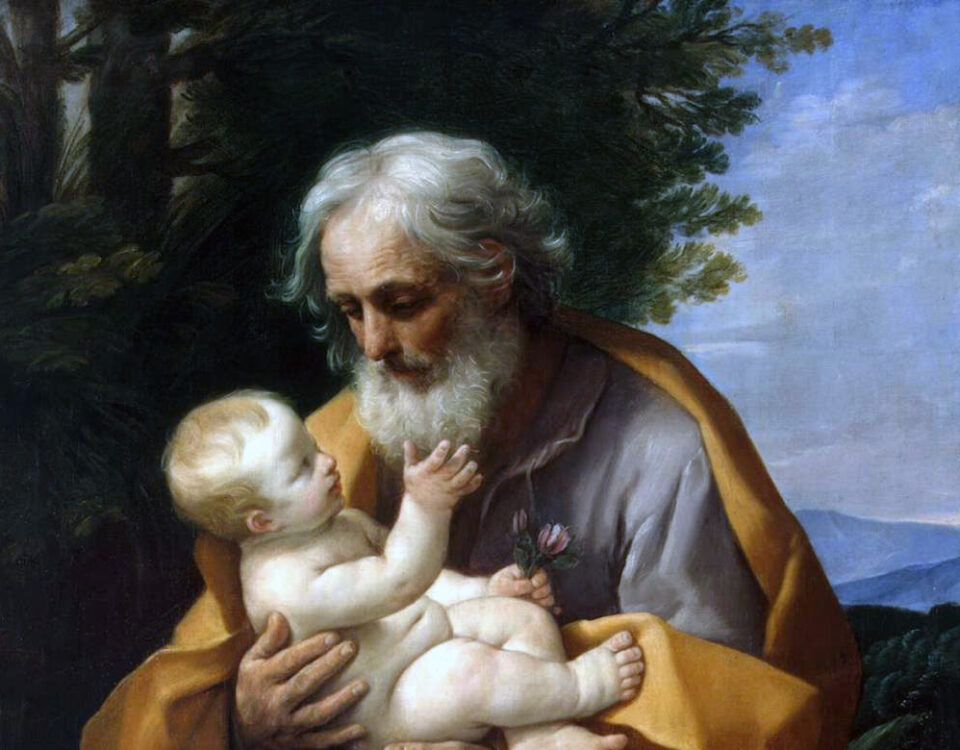
Faith in the Home: Praying for the Holy Souls
October 13, 2025
Family Conquers 38 Miles in Support of Persecuted
October 14, 2025The Vatican’s Dicastery for Interreligious Dialogue has released its 2025 Deepavali greeting, extending warm wishes to Hindu communities celebrating the festival of lights on 20 October and encouraging believers to deepen friendship and collaboration in the cause of peace.
Marking the 60th anniversary of Nostra Aetate on 28 October, the message recalls the Council’s call to “recognize, preserve and promote the good” present in other religions, and to work together for social justice, moral welfare, peace and freedom. It frames interreligious dialogue not as an optional extra but as a proven path that has “evolved into a global project” over the past six decades.
Quoting recent papal appeals, the Dicastery highlights the need to “build bridges through dialogue and encounter,” a task entrusted to all people of goodwill. It urges communities to make interfaith understanding part of daily life — sowing “seeds of unity and harmony” in a world often marked by mistrust and polarisation.
Families, faith leaders, schools and the media each have a part to play, the message says: families as first educators; religious leaders by example; educators and communicators by shaping hearts and minds for peaceful coexistence. Together, these efforts should grow into a “dynamic movement” dedicated to building and defending peace.
The statement also echoes the 2019 Document on Human Fraternity, inviting Christians, Hindus and all people of goodwill to embrace “a culture of dialogue as the path; mutual cooperation as the code of conduct; reciprocal understanding as the method and standard.”
Signed by Cardinal George Jacob Koovakad, Prefect, and Msgr Indunil Janakaratne Kodithuwakku Kankanamalage, Secretary, the greeting concludes with a simple wish: “Happy Deepavali!”
In the Diocese of East Anglia, parishes are encouraged to share the message, extend festive greetings to Hindu neighbours, and — where appropriate — join or host local interfaith encounters around Deepavali. Even small gestures — lighting a candle, exchanging greetings, visiting a temple open day, or inviting a speaker — can witness to the Gospel’s call to be peacemakers while honouring the joy and hope of our Hindu friends.




